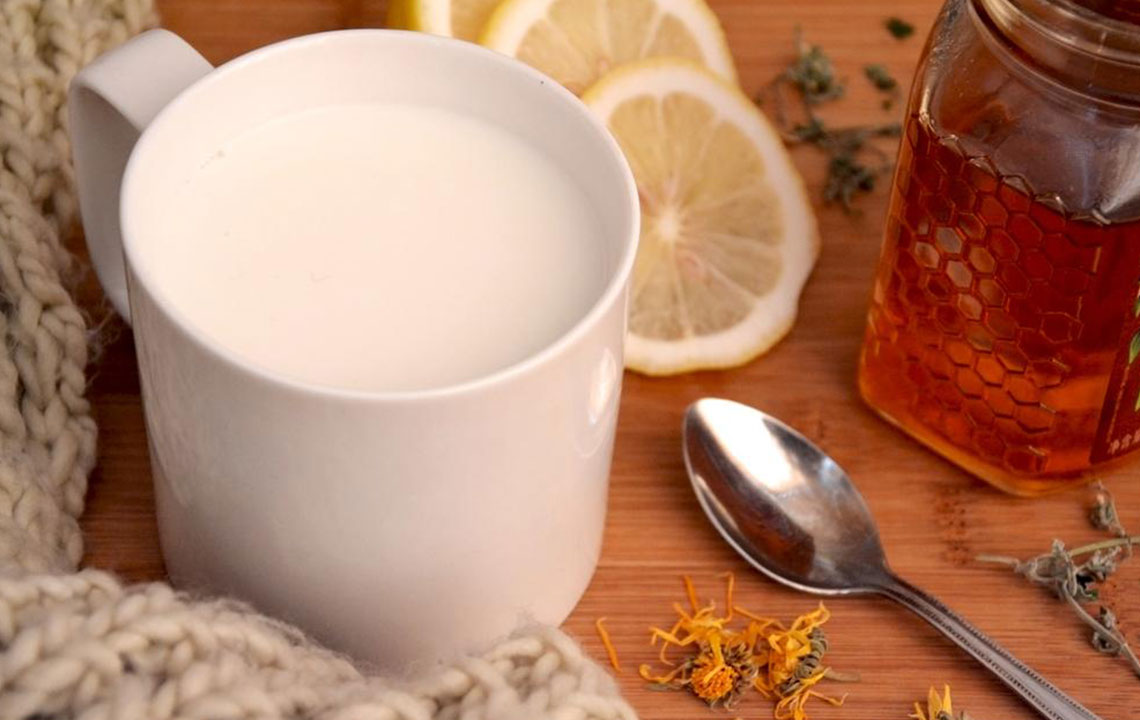Enhancing Kidney Health with the DASH Eating Plan
Discover how the DASH diet supports kidney health by reducing blood pressure, preventing stones, and lowering risks for chronic kidney disease. Learn about suitable food choices, benefits, and important precautions for kidney patients for a healthier life.
Sponsored

Millions of individuals across the country suffer from various kidney conditions, according to the National Kidney Foundation. Our kidneys are vital organs responsible for filtering toxins, regulating blood pressure, and supporting overall health.
Diet plays a crucial role in kidney care, which is why many medical professionals recommend the DASH diet—short for Dietary Approaches to Stop Hypertension—as a top choice for healthy kidney maintenance.
Discover how adopting the DASH diet can support your kidney health and overall wellness.
Advantages of the DASH diet
The DASH diet is ideal for individuals with kidney issues, cardiovascular concerns, or hypertension. One significant benefit is its ability to prevent kidney stone formation. Studies also show that followers of the DASH diet are less prone to developing chronic kidney disease compared to non-adopters.
Additionally, this diet helps reduce blood pressure by limiting salt and sodium intake, contributing to better cardiovascular health.
Other benefits include aiding weight management, decreasing bad cholesterol, and preventing gout attacks.
Potential Limitations of the DASH Diet
Not everyone should start the DASH diet without medical consultation. Those with existing kidney diseases should seek medical advice before initiating the diet, as they require personalized restrictions.
The diet is not suitable for dialysis patients, as their nutritional needs differ. Always consult your healthcare provider before making dietary changes, especially for kidney health.
Typical DASH Diet Meal Options
The diet emphasizes fruits, vegetables, low-fat dairy, whole grains, fish, and lean poultry. It encourages limiting salt, artificial sweeteners, and red meats. Instead of salt, use herbs like black pepper, cumin, and nutmeg. When selecting packaged foods, check labels for low sodium content.
Low-fat dairy is also recommended, as it reduces saturated fats and sodium, complementing the diet's kidney-friendly goals.
If managing a kidney-friendly diet feels challenging, consulting a dietitian can help tailor a plan suited to your medical needs and lifestyle.






